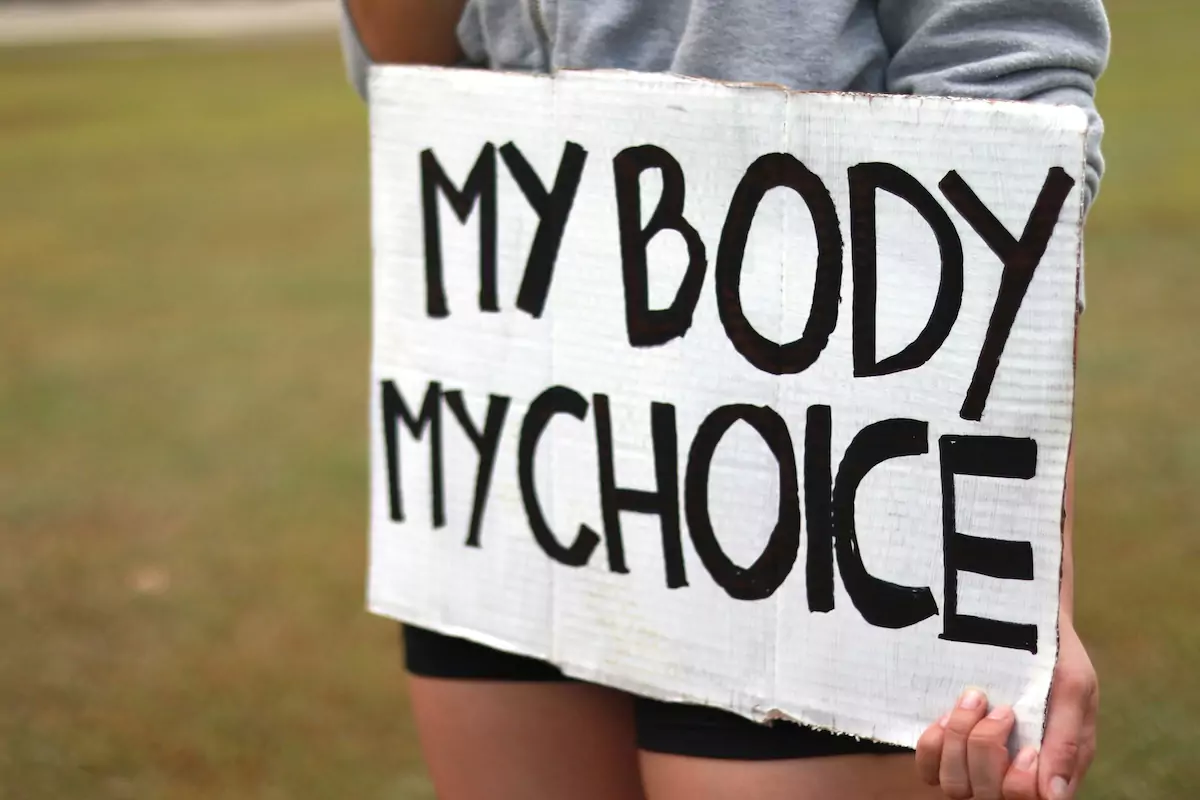Monaco’s National Council has introduced a new bill aiming to legalise abortion up to 12 weeks of pregnancy without requiring a specific reason. The proposal, introduced symbolically on International Women’s Day, represents a significant shift for the Principality, where abortion has long been a controversial topic due to Monaco’s deep-rooted Catholic traditions.
Although abortion was decriminalised for women in 2019, Monegasque doctors still face strict penalties—including up to five years in prison—if they perform the procedure unless under exceptional medical circumstances or in cases of rape. This legal framework forces many women from Monaco to travel abroad for an abortion, often under stressful and urgent conditions. The new proposal aims to change that by providing a legal and safe option within the Principality. It would also extend the abortion limit to 16 weeks for victims of rape. The move includes a mandatory three-day reflection period and financial coverage of the procedure through social security, ensuring fair access for all women.
Béatrice Fresko-Rolfo, President of the Commission on Family Rights and Equality and the bill’s leading advocate, said, “This text would allow the women concerned to exercise their freedom of choice and have control over their own bodies, while benefiting from a secure framework.” She said that, rather than encouraging abortion, “this law aims to protect those who need it.” Meanwhile, National Council President Thomas Brezzo has urged a “calm and responsible debate, respecting all opinions and the realities faced by the women concerned.”
Catholic Church opposes proposal, calls issue “grave”
The bill has sparked strong opposition from Monaco’s Catholic Church, which has historically played a significant role in shaping the country’s social values. In a statement released on 13th March, the Archdiocese of Monaco reaffirmed its position, calling the issue “grave” and warning that it concerns “our entire community: women, the families they are part of, and the most vulnerable members of our society, including the unborn child.”
The statement further emphasised the Church’s concern over the potential societal and institutional impact of the bill, adding, “This is a subject with consequences that are worrisome on multiple levels.” While the Archdiocese acknowledged the legislative process, it cautioned against turning the debate into a source of division or public pressure, stating, “Out of respect for our institutions and the legislative process, it does not seem appropriate to make this a subject of division or a means of pressuring individual consciences.”
Archbishop Dominique-Marie David has also personally raised concerns, in an earlier interview with Monaco Matin, that changing the law could challenge the Concordat, the agreement that governs the relationship between the Catholic Church and the Monegasque state. He questioned whether the Principality should abandon its long-standing identity, saying, “I do not believe the majority of people in Monaco want such a fundamental change. Are we sure we want to put our Sovereign Prince in an impossible position? Shouldn’t we ask ourselves if there are red lines that simply cannot be crossed in the Principality? And if so, is that really such a bad thing?”
A debate set to intensify
In response, Thomas Brezzo pointed to legal studies and research on canon law, telling Monaco Matin that “there is nothing in this text that contradicts our laws.” However, he acknowledged the sensitivity of the topic, adding, “We understand that this can be difficult depending on people’s beliefs and convictions, so we have tried to make this bill as balanced as possible.”
Despite its strong opposition, the Archdiocese has stated its willingness to engage with government representatives, saying it remains “available to discuss the serious challenges this bill presents, both in terms of Catholic teachings—the official religion of our state—and the cohesion of our national community.”
The bill will be debated in the coming weeks, and if passed by the National Council, the government will then decide whether to transform it into a draft law for final approval.
Monaco Life is produced by real multi-media journalists writing original content. See more in our free newsletter, follow our Podcasts on Spotify, and check us out on Threads, Facebook, Instagram, LinkedIn and Tik Tok.
Photo credit: Jasmine, Unsplash
